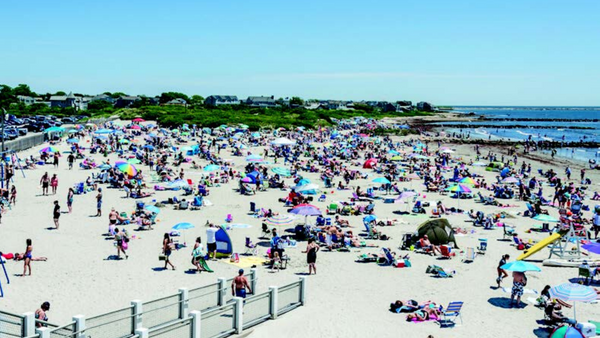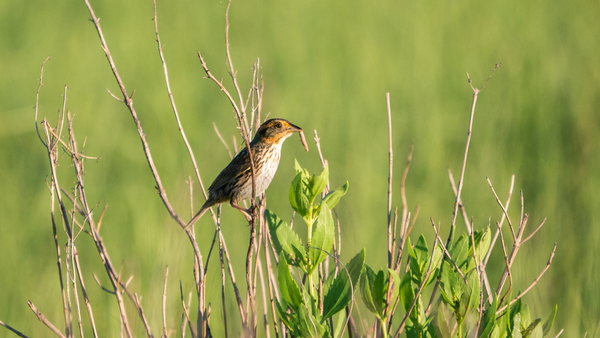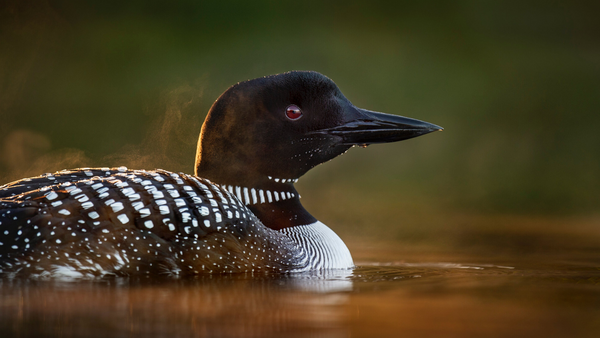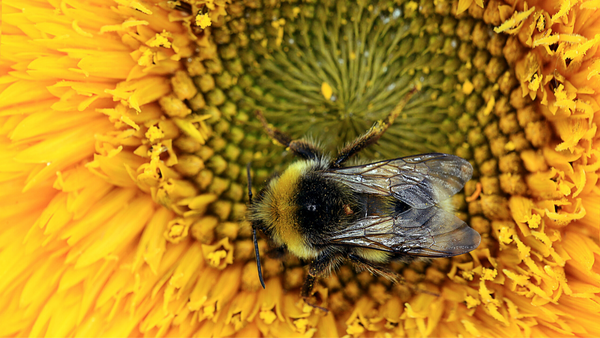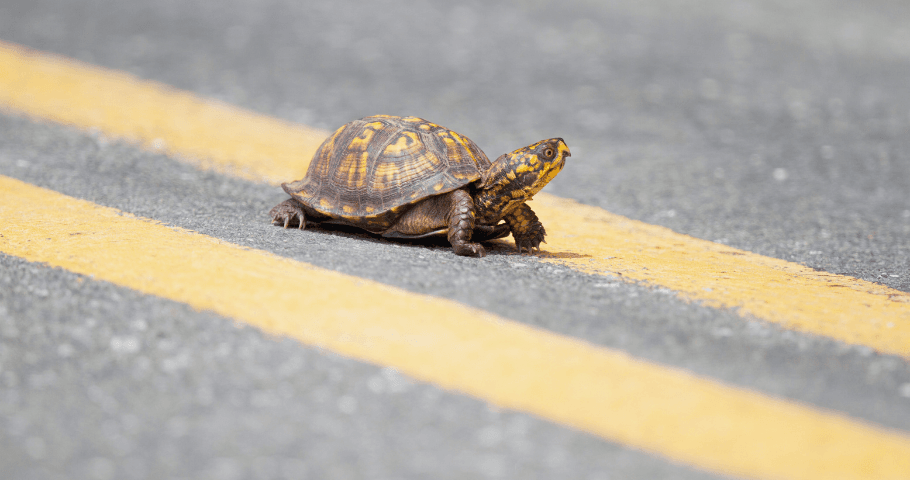
June 2020
The monthly Audubon Eagle Eye Advocacy Updates will provide you with simple actions you can take to help foster a cleaner, healthier planet along with local and national environmental news. Advocacy to protect birds and wildlife is a top Audubon priority and this work goes beyond testifying on their behalf on Smith Hill. Year round, we are working with our community partners and Rhode Island leaders to ensure the environment is a priority. These updates will keep you informed and ready to take action when the legislative session is upon us. As the newsletter continues, we are very interested in your suggestions and questions. Please send them to Audubon Senior Director of Policy Meg Kerr at mkerr@asri.org.
Sign up to get the Audubon Eagle Eye Advocacy Update in your inbox!
-
Assess the contents of your garbage and recycling bins. What are you discarding most frequently? Ask yourself if the items can be reduced or even eliminated.
- Adopt sustainable practices in the kitchen. Plan out your meals to reduce unused food. Eliminate paper napkins and paper towels and use cloth instead. Use reusable containers for food storage instead of plastic wrap and aluminum foil.
- Minimize waste around the house. Choose your purchases carefully and select items with less packaging.
- Minimize yard waste. If you can, compost your biodegradable waste.
- Bring containers with you when you are out and about. Plan ahead and bring a reusable water bottle, cloth napkins, containers and utensils when you are away from home.
Good luck! Every little bit helps!
Source
Take Action!
Tell your State Representative and State Senator to Support Funding for the RI Department of Environmental Management and the 2020 Beach, Clean Water and Green Bond
Please reach out to your legislators and ask them to support the following items in the 2021 budget:
- The $64 million 2020 Beach, Clean Water and Green Bond invests in our state beaches and parks, outdoor recreation, farmland and forested land, water quality and community resilience. When passed by the legislature, the bond will go to the voters in November. Download the factsheet.
- Funding for the Department of Environmental Management and the Coastal Resources Management Council to continue their work to protect our land, water and health. Environmental agencies have been cut over and over again during the past few years. And the 2021 budget will necessitate additional cuts. Let your representative know that maintaining strong environmental agencies is critical.
Help Protect Birds and the Migratory Bird Treaty Act
File your comment on the draft EIS for narrowing the scope of the Migratory Bird Treaty Act.
Take a minute to file your comments opposing the proposed elimination of incidental take protections for birds. Let federal officials know you support Alternative B to restore the Incidental Take provision.
Support the Migratory Bird Protection Act of 2020 (H.R. 5552)
Celebrate progress on the Great American Outdoors Act
The Audubon Society of Rhode Island has supported full LWCF funding for decades alongside other partners in the environmental community.
Send a thank you note to Senator Reed and Senator Whitehouse and let them know you appreciate their leadership on this important issue. And contact Congressman Cicilline and Congressman Langevin and urge them to support passage of the bill in the House.
Things with Wings: It’s Pollinator Week!
Pollinator decline is a serious danger to our ecosystem. While there are many causes for the population decline, one critical factor is the rampant use of neonicotinoid pesticides or “neonics.” Neonics have made U.S. agriculture 48 times more harmful to insects since their introduction, and contaminate food, soil, plants, and water across the country on an almost unprecedented scale.
Before the pandemic, Audubon was working hard on legislation to ban neonics. The bill, like practically all bills before the legislature, has been stalled. But you can still let your legislators know that they should care about pollinators, and that you expect them to take action on neonics soon. Let’s all celebrate Pollinator Week!


